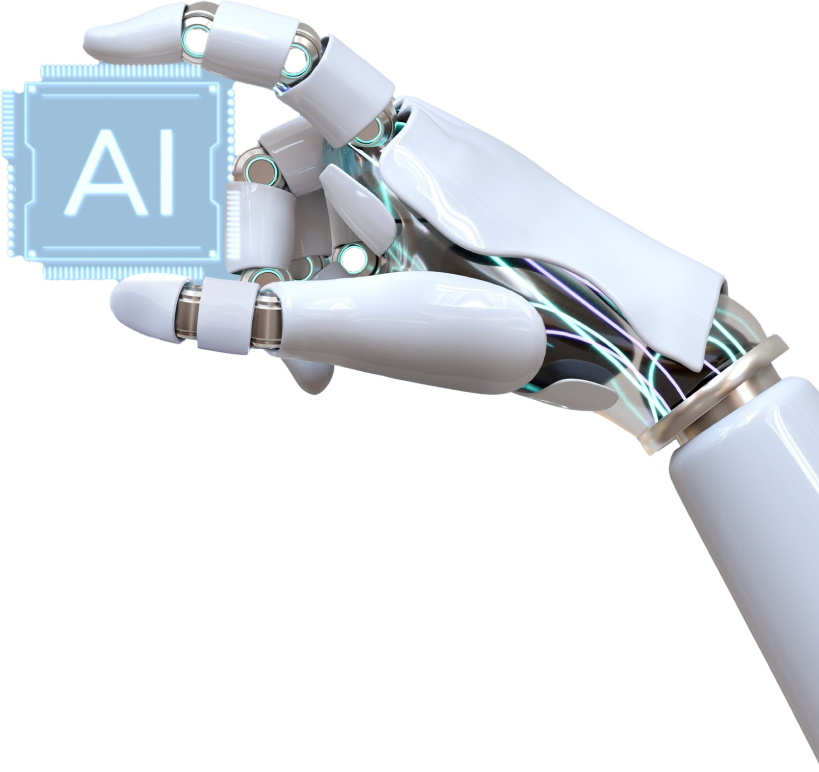Artificial Intelligence (AI), the simulation of human intelligence in machines, is revolutionizing various aspects of life and industry. AI encompasses a range of technologies including machine learning, natural language processing, robotics, and computer vision. These technologies enable machines to perform tasks that typically require human intelligence, such as learning, reasoning, problem-solving, perception, and language understanding.
One of the most prominent applications of AI is in the field of automation. AI-driven robots and systems enhance productivity and efficiency in manufacturing, healthcare, logistics, and customer service. For instance, AI algorithms can optimize supply chains, predict equipment failures, and automate routine tasks, thereby reducing costs and improving operational efficiency.
In healthcare, AI is transforming diagnostics and treatment. Machine learning algorithms analyze medical data to detect patterns and predict outcomes, assisting doctors in diagnosing diseases with higher accuracy. AI-powered imaging tools can identify anomalies in medical scans faster and more precisely than human experts. Additionally, AI is playing a crucial role in drug discovery, speeding up the process of finding new treatments.
AI's impact on everyday life is also significant. Virtual assistants like Siri, Alexa, and Google Assistant use natural language processing to understand and respond to user queries, making information more accessible. Recommendation systems in platforms like Netflix and Amazon enhance user experience by suggesting content based on individual preferences.
However, the rise of AI also brings challenges and ethical considerations. Concerns about job displacement, data privacy, and the potential for biased algorithms highlight the need for responsible AI development. Ensuring transparency, accountability, and fairness in AI systems is essential to mitigate these risks.
The future of AI holds immense potential, from advancing scientific research to addressing global challenges such as climate change and healthcare. By fostering innovation while adhering to ethical standards, AI can significantly contribute to a smarter, more efficient, and equitable world.





Back
IT ConsultingStrategic IT GuidanceApplication DevelopementCustom App EngineeringCybersecurity ServicesStrategic IT GuidanceIoT SolutionsStrategic IT GuidanceQuality EngineeringAssured Product QualityCloudScalable Cloud SolutionsTech OperationsSeamless IT ManagementUI/UXHuman-Centric DesignManaged IT Services asStrategic IT GuidanceArtificial IntelligenceWorkflow Process OptimizationBack
Our Products





























 INDIA
INDIA

